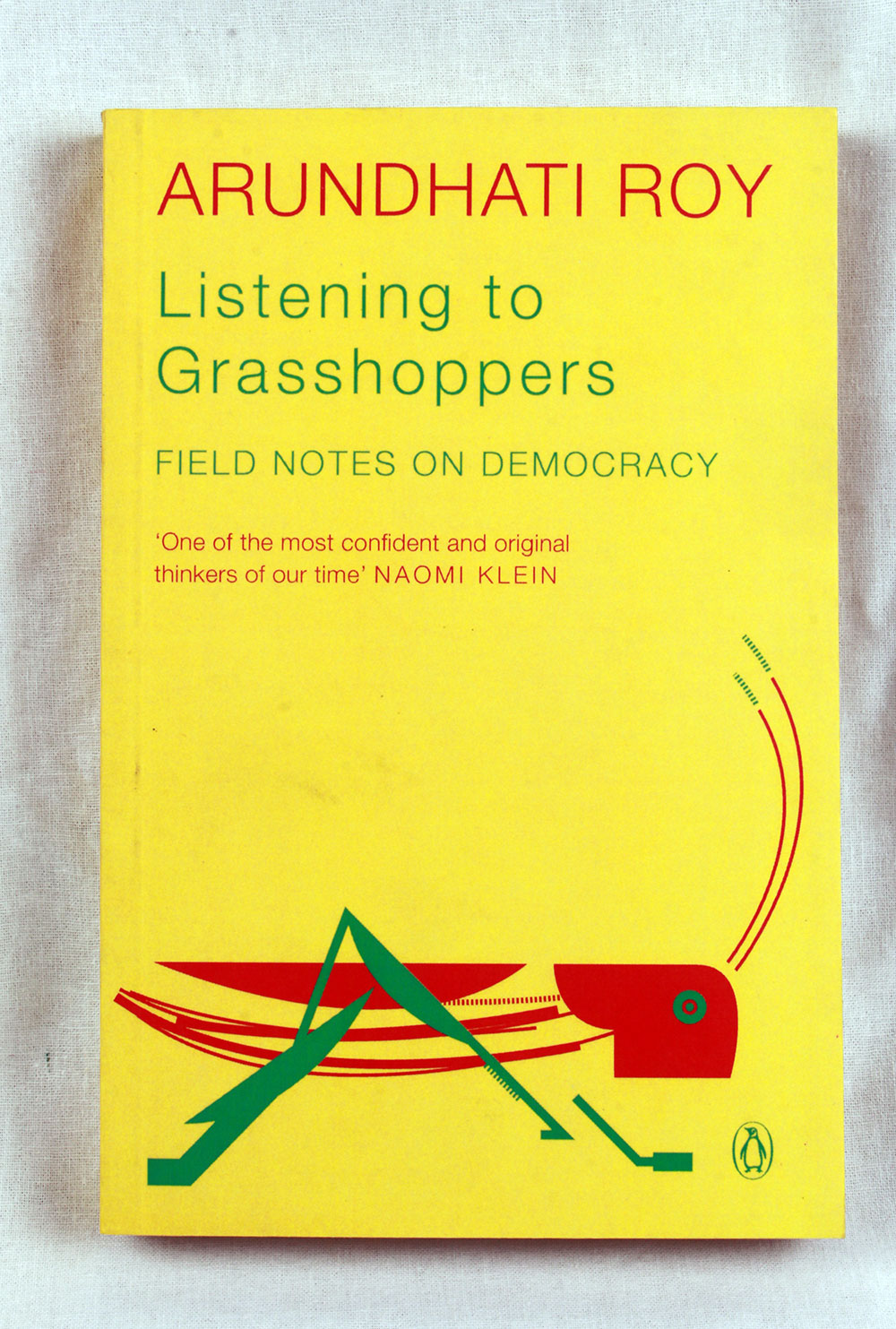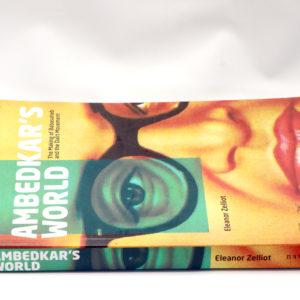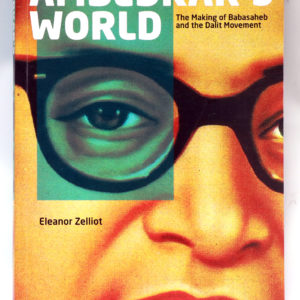Listening to Grasshoppers: Field Notes on Democracy | Arundhati Roy
₨ 400.00
Listening to Grasshoppers: Field Notes on Democracy (2009) is a collection of essays written by Booker Prize winner Arundhati Roy. Written between 2002 and 2008, the essays have been published in various left-leaning newspapers and magazines in India. The first edition of the book consists of eleven essays with an introduction by Roy was published by Hamish Hamilton in India.
Listening to Grasshoppers: Field Notes on Democracy (2009) is a collection of essays written by Booker Prize winner Arundhati Roy. Written between 2002 and 2008, the essays have been published in various left-leaning newspapers and magazines in India. The first edition of the book consists of eleven essays with an introduction by Roy was published by Hamish Hamilton in India.
The official introduction to the book in the publisher’s website is as below:
‘What happens once democracy has been used up? When it has been hollowed out and emptied of meaning?’
Combining brilliant political insight and razor-sharp prose, Listening to Grasshoppers is the essential new book from Arundhati Roy. In these essays, she takes a hard look at the underbelly of the world’s largest democracy, and shows how the journey that Hindu nationalism and neo-liberal economic reforms began together in the early 1990s is unraveling in dangerous ways.
Beginning with the state-backed killing of Muslims in Gujarat in 2002, she writes about how ‘progress’ and genocide have historically gone hand in hand; about the murky investigations into the 2001 attack on the Indian Parliament; about the dangers of an increasingly powerful and entirely unaccountable judiciary; and about the collusion between large corporations, the government and the mainstream media.
The collection ends with an account of the August 2008 uprising in Kashmir and an analysis of the November 2008 attacks on Mumbai. ‘The Briefing’, included as an appendix, is a fictional text that brings together many of the issues central to the collection.
Related products
Poems selected and translated from Marathi by Dilip Chitre
Namdeo Dhasal tr. Dilip Chitre
‘This is Mumbai without her makeup, her botox, her power yoga; the Mumbai that seethes, unruly, menacing, yet vitally alive’—The Hindu
‘This elegant book is a journey through the bowels of those quarters over which we have constructed robust mental flyovers’—The Sunday Times of India
‘Chitre succeeds in reproducing the images and metaphors of Dhasal’s work, and his unmistakable, hard-hitting voice’—Outlook
‘Dhasal employs an aesthetic of fracture… towards writing into existence the continuing alienation of dalits seduced by the shiny assurances of a still-new nation’—Biblio: A Review of Books
Stretcher-Bearer of Empire
In the pantheon of global liberation heroes, Mohandas Karamchand Gandhi has pride of place. Leaders like Mandela have lauded him as being part of the epic battle to defeat the white regime and prepare the way for a non-racial country. A popular sentiment in South Africa goes: ‘India gave us Mohandas, and we returned him to you as Mahatma’.
Against this background, The South African Gandhi: Stretcher-Bearer of Empire unravels the complex story of a man who, throughout his stay on African soil (1893–1914), remained true to Empire while expressing disdain for Africans. For Gandhi, whites and Indians were bound by an Aryan bloodline that had no place for the African. His racism was matched by his class (and caste) prejudice towards the Indian indentured. He persistently claimed that they were ignorant and needed his leadership, and wrote their struggles out of history—struggles this book documents.
The authors show that Gandhi never missed an opportunity to demonstrate his loyalty to Empire, with a particular penchant for war. He served as stretcher-bearer in the war between Brit and Boer, demanded that Indians be allowed to carry fire-arms, and recruited volunteers for the imperial army in both England and India during the First World War.
Ashwin Desai is Professor of Sociology at the University of Johannesburg. His previous books include South Africa: Still Revolting, ‘We are the Poors’: Community Struggles in Post-Apartheid South Africa and Reading Revolution: Shakespeare on Robben Island among others.
Goolam Vahed is Associate Professor of History at the University of KwaZulu Natal. He writes on histories of migration, ethnicity, religion, and identity formation among Indian South Africans.
The Making of Babasaheb and the Dalit Movement
Fanshen: A Documentary of Revolution in a Chinese Village is a 1966 book by William H. Hinton that describes the land-reform campaign during the Chinese Civil War conducted from 1945 to 1948 by the Chinese Communist Party in “Long Bow Village” (the name used in the book for the village of Zhangzhuangcun in Shanxi province). Hinton lived in the village in spring and summer of 1948 and witnessed scenes described in the book and recreates earlier events based on local records and interviews with participants. He explains party strategy to present the campaign’s successes in building a revolutionary consciousness and a power-base among the poor peasants, but also its errors and excesses, especially the violence toward rich peasants and landlords. Fanshen has been compared to Edgar Snow’s Red Star Over China and characterized as “perhaps the book that most changed American cold war perceptions of the Chinese Revolution.”
Originally published: 1966
Author: William H. Hinton







Reviews
There are no reviews yet.